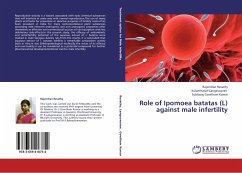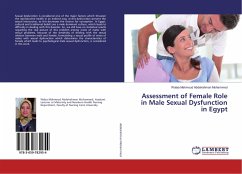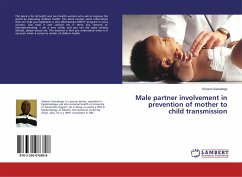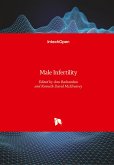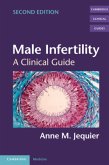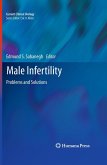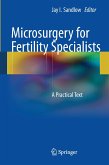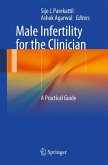Reproductive toxicity is a hazard associated with toxic chemical substances that will interfere in some way with normal reproduction.The use of many plants and herbs for preventive or abortive purposes of fertility control has been prevalent in India for many centuries.Natural plant substances possessing mild inherent androgenic and anti androgenic properties offer themselves as effective non-conventional sources of contraception with less deleterious side-effects.In the present study, the efficacy of antioxidants and antiinfertility potential of the aqueous extract of I. batatas were studied in male Sprague dawley rats.From the results, it is concluded that aqueous extract of I. batatas exhibits a remarkable antioxidant activity both in vitro,in vivo &Histopathological studies.By the virtue of its efficacy and non-toxicity it can be considered as a potential compound for further pharmaceutical development/clinical trail for male infertility.
Bitte wählen Sie Ihr Anliegen aus.
Rechnungen
Retourenschein anfordern
Bestellstatus
Storno

